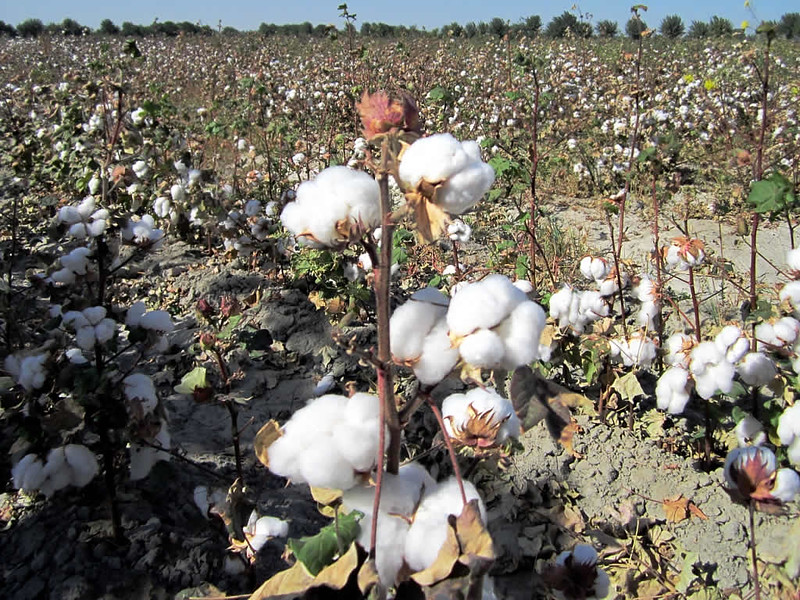Central Asia's cotton crisis
Also called 'white gold', this crop traditionally constitutes one of the region's main economic drivers. Millions of growers despair at the collapse of raw material prices on the markets. The effect of the economic crisis but also of the entry of large groups that have disrupted the local markets.
Tashkent (AsiaNews) - The slowdown in the world economy, together with climate change, are greatly complicating the cotton cultivation sector, the "white gold" which has long been one of the main economic drivers of Central Asian countries. supported a lot even in Soviet times. The growers are in turmoil, also because they believe they are being treated unfairly by the market owners.
Cotton recalls memories of great sacrifices and suffering for the populations of these countries, since the times of the expansion of the Russian empire, with very intense phenomena of economic exploitation and ecological catastrophes.
It is one of the most widespread activities, which involves millions of people in cultivation, and the very low prices on the wholesale market this agricultural season are seriously affecting the lives of almost all families. As an Uzbek Telegram user writes, "every morning we remain in suspense, hoping to see official information on purchase prices that will lift our spirits at least a little."
Unfortunately there has been no encouraging news on the matter for some time, and as the farmer from the social group says, "we spend the whole day in depression, and we can't make plans for the future".
The cotton farmers' Telegram channel has over 20,000 subscribers, illustrating the breadth of the community in Uzbekistan, one of the world's leading exporters of cotton. According to official data, there are over 2 million Uzbeks engaged in this activity, plus many others for seasonal harvests.
Turkmenistan is also part of the top ten producers, and Kazakhstan, Kyrgyzstan and Tajikistan count a little less. At the end of the coronavirus restrictions, raw cotton prices initially skyrocketed, reaching .3 per kilo, but since mid-2022 they have collapsed again, to the current average price of .76.
For analysts, the collapse in cotton prices is considered an indicator of a global recession, given that it occurred in the face of runaway inflation and indeterminacy in the supply chain, factors that usually keep prices afloat, in waiting for clarification.
In many parts of the world, and especially in Central Asia, there have been long periods of drought, when cotton could not be grown, yet prices remained very low. Wholesale traders offer .73 for a kilo of cotton, which is almost not enough to even cover production costs. In Tajikistan the average price is 0.6 dollars, while cultivation costs are increasingly increasing, around 1300 dollars per hectare.
Yet many think that the problem is not just the global crisis, but above all the speculative maneuvers of some clusters, the vertically integrated companies that were once controlled by the State, while today they are acting without rules.
These groups have been active in Central Asian territories since 2018, taking advantage of the boycott of many international brands due to the almost slave-like conditions of these crops, in which even students and minors in general are forced to harvest.
The joint companies, especially the Uzbek/German ones, have managed to spread information that would put an end to the boycotts, which in recent years are now considered "unsystematic", except in Turkmenistan where the state authorities themselves force everyone to collect forced.
Cotton farmers actually have little freedom of choice, having no real production alternatives on their land, even when it is not convenient. The big companies are supported by governments, and all that remains is to hope for more generous seasons from a climate point of view, so as not to suffocate in dust storms and in the misery of the markets.







.png)










